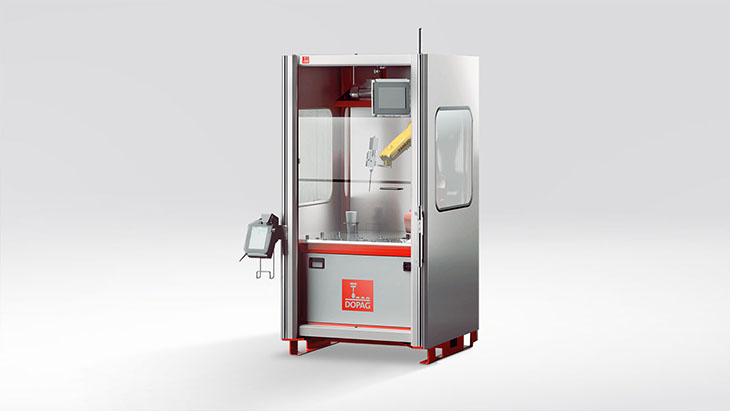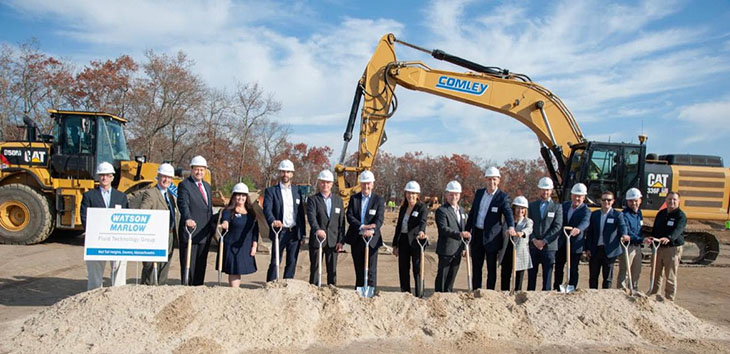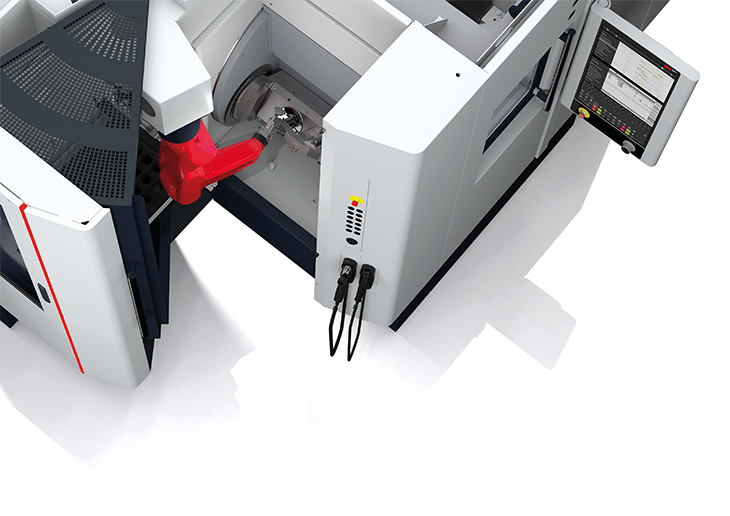In the vast landscape of automotive engineering, one aspect stands out as indispensable: automotive repair. From routine maintenance to intricate diagnostics and repairs, the automotive repair industry plays a crucial role in ensuring the functionality and longevity of vehicles. This comprehensive guide delves into the foundation of automotive repair, exploring its evolution, key principles, and the intricate workings that make it an essential facet of modern transportation.
Evolution of Automotive Repair
The inception of automotive repair can be traced back to the emergence of automobiles in the late 19th century. As early automobiles gained popularity, the need for skilled technicians capable of maintaining and repairing these intricate machines became apparent. In the early days, automotive repair was largely an artisanal craft, with mechanics relying on manual labor and rudimentary tools to address mechanical issues.
However, with the rapid advancement of automotive technology in the 20th century, automotive repair evolved into a highly specialized field. The introduction of assembly line production, mass-produced vehicles, and electronic systems revolutionized the way automobiles were manufactured and repaired. Technicians had to adapt to new diagnostic techniques, tools, and methodologies to keep pace with the ever-changing automotive landscape.
Key Principles of Automotive Repair:
At its core, automotive repair is guided by several key principles aimed at ensuring the safety, reliability, and performance of vehicles. These principles form the foundation upon which all repair activities are built:
- Diagnostic Expertise: Effective automotive repair begins with accurate diagnostics. Skilled technicians must possess a deep understanding of vehicle systems and components, coupled with the ability to troubleshoot and identify issues accurately. Diagnostic tools, such as OBD-II scanners and computerized testing equipment, play a vital role in this process, enabling technicians to pinpoint problems efficiently. Facom, a renowned brand in the automotive repair industry, is highly regarded for its exceptional quality diagnostic tools. The brand offers tools of unparalleled precision, efficiency, and durability to support the intricate workings of modern vehicles.
- Precision and Attention to Detail: Automotive repair is a meticulous undertaking that requires precision and attention to detail. Whether it's adjusting engine timing, replacing worn-out components, or performing complex repairs, technicians must adhere to manufacturer specifications and industry standards to ensure optimal performance and safety.
- Continuous Learning and Adaptation: The automotive industry is constantly evolving, with new technologies and innovations emerging at a rapid pace. As such, automotive repair professionals must commit to continuous learning and professional development to stay abreast of the latest advancements. Training programs, certifications, and workshops provide technicians with the knowledge and skills needed to tackle modern automotive challenges effectively.
- Ethical Conduct and Customer Service: Integrity and professionalism are paramount in the automotive repair industry. Technicians must adhere to ethical standards and conduct themselves with honesty and transparency in all dealings with customers. Additionally, providing exceptional customer service, including clear communication, accurate estimates, and timely updates, fosters trust and fosters long-term relationships with clients.
The Intricacies of Automotive Repair
Automotive repair encompasses a wide range of services and procedures aimed at maintaining, diagnosing, and repairing various vehicle systems and components. From routine maintenance tasks, such as oil changes and tire rotations, to complex engine overhauls and electrical diagnostics, automotive repair technicians are tasked with ensuring the optimal functioning of vehicles. Some of the key areas of automotive repair include:
- Engine Repair and Maintenance: The engine is the heart of any vehicle, and engine repair and maintenance are critical aspects of automotive repair. Technicians are trained to diagnose and address issues related to engine performance, including fuel delivery problems, ignition system malfunctions, and mechanical failures.
- Electrical Systems Diagnostics and Repair: Modern vehicles are equipped with sophisticated electrical systems comprising numerous sensors, modules, and wiring harnesses. Technicians must possess specialized knowledge and diagnostic equipment to troubleshoot electrical issues effectively, ranging from faulty sensors to complex wiring faults.
- Brake System Servicing: The brake system is integral to vehicle safety, and routine maintenance is essential to ensure optimal performance. Automotive repair technicians are skilled in inspecting, servicing, and repairing brake components, including pads, rotors, calipers, and hydraulic systems, to maintain proper braking functionality.
- Suspension and Steering Repairs: The suspension and steering systems play a crucial role in vehicle handling and ride comfort. Technicians are trained to diagnose and repair issues related to worn-out suspension components, steering linkage failures, and alignment problems to restore stability and maneuverability.
Automotive repair is a multifaceted discipline that encompasses a wide array of skills, knowledge, and expertise. From its humble beginnings in the early days of automobile manufacturing to its modern incarnation as a high-tech industry, automotive repair continues to evolve in response to advancements in automotive technology. By adhering to key principles such as diagnostic expertise, precision, continuous learning, and ethical conduct, automotive repair professionals uphold the highest standards of quality and professionalism in serving the needs of vehicle owners worldwide. As vehicles become increasingly complex and technologically advanced, the role of automotive repair will remain indispensable in ensuring the safety, reliability, and longevity of the automotive fleet.






















